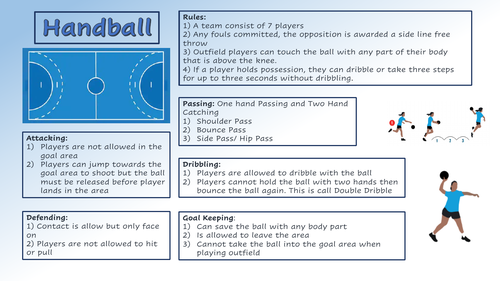In the intricate tapestry of professional football, few threads are as frequently frayed as the handball rule. It`s a provision designed to maintain fair play, yet often, it becomes the epicenter of debate, frustration, and, occasionally, outright bewilderment. When a game-changing penalty hinges on an interpretation that feels more abstract art than codified law, the ripple effects can extend far beyond the final whistle.
Consider a recent fixture – a hotly contested match where a pivotal moment saw a penalty awarded for what many perceived as an innocuous brush with the ball. The ball, a blur in motion, found a defender`s arm. Not an arm flailing wildly or intentionally seeking contact, but one seemingly in a natural, albeit inconvenient, position. The resulting penalty swung the momentum, sealed the scoreline, and ignited a familiar firestorm of commentary.
The «Penguin» Predicament: A Matter of Natural Movement
One seasoned coach, known for his composed demeanor, encapsulated the frustration perfectly post-match. «It`s impossible,» he stated, his voice devoid of anger but rich with incredulity, «for players to jump like penguins with their hands glued behind their backs.» This vivid imagery cuts to the heart of the matter. How can athletes, whose very profession demands explosive, dynamic movement, be expected to defy physics and contort themselves into static, unnatural poses to avoid incidental contact?
The spirit of the handball rule is clear: prevent intentional gain or unfair advantage. However, the application often veers into a gray area, where «natural body position» becomes a subjective battleground. Is a defender genuinely trying to make themselves bigger, or are they simply responding reflexively to a projectile traveling at breakneck speed? The distinction is crucial, yet frequently elusive for those tasked with making split-second decisions.
VAR: Clarifying or Complicating?
The introduction of Video Assistant Referee (VAR) promised an era of unparalleled accuracy. Yet, ironically, it has sometimes magnified these contentious interpretations. Slow-motion replays, while offering forensic detail, can strip a moment of its organic context. A millisecond of contact, imperceptible in real-time, can become a damning indictment under the microscope, leading to decisions that feel technically correct but intuitively unjust. The system, designed to eliminate «clear and obvious errors,» occasionally creates a different kind of error: one of over-analysis and detached judgment.
«We need a slight modification,» suggested the aforementioned coach, extending an olive branch to the officiating bodies. «I`m ready to contribute my experience.»
It`s a sentiment echoed across locker rooms and fan forums worldwide. The call isn`t for leniency, but for clarity – a more pragmatic understanding of what constitutes handball in the fast-paced, often chaotic environment of a professional match. Perhaps a tiered system, distinguishing between deliberate, reckless, and purely accidental contact, could offer a path forward.
The Unseen Toll: Beyond the Scoreline
Beyond the tactical implications and championship points, such controversies extract an unseen toll. For coaches, it`s the Sisyphean task of motivating a team that feels unjustly penalized, having played with aggression and created opportunities, only to see their efforts undermined by a whistle. The coach himself, in a moment of candid reflection, admitted to being cautioned during the match «for celebrating our own goal too exuberantly.» An ironic twist, perhaps, when the very rules intended to govern fair play seem to stifle even natural expressions of joy.
For players, it can be demoralizing. The «next game, next chance» mantra becomes harder to internalize when the feeling of injustice lingers. Yet, as the coach wisely noted, «This defeat stings, we`re upset, but there`s also the awareness that this is the right path.» Resilience, focus, and an unwavering belief in their collective effort remain the only antidotes to such bitter pills.
Football is, at its heart, a game of passion, skill, and human endeavor. When the rules themselves become a source of consistent contention, it detracts from the spectacle and the spirit of competition. The ongoing dialogue between players, coaches, and referees is not merely a complaint session; it`s a vital process aimed at refining the beautiful game, ensuring that the next time a ball strikes an arm, the resulting decision feels less like a roll of the dice and more like a testament to clear, consistent justice.

